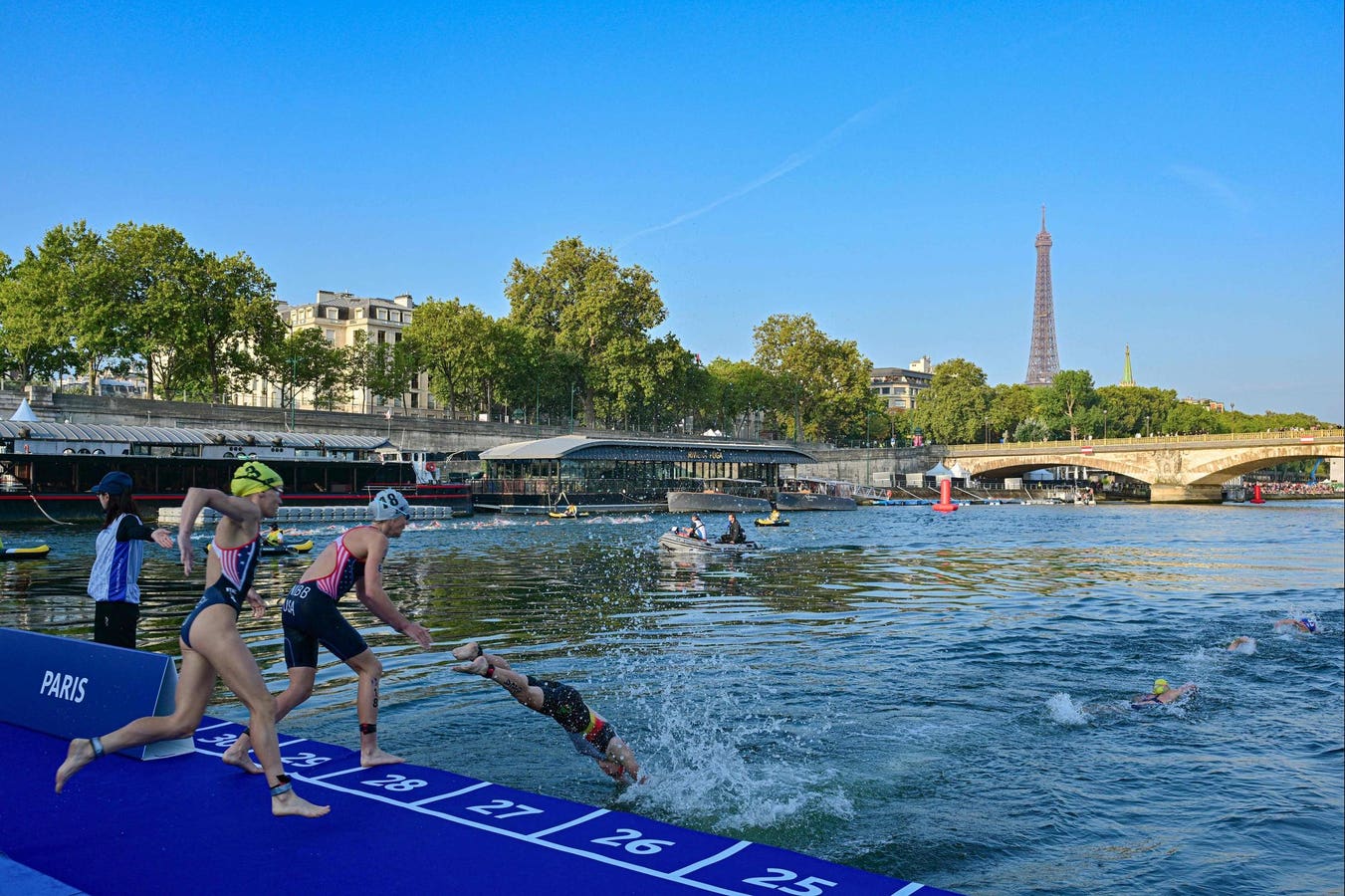Time: 2024-07-24
The upcoming Paris 2024 Summer Olympic Games are set to bring together athletes and spectators from around the world , with over 200 countries participating . This mass gathering poses various public health implications , including the heightened risk of infectious diseases , especially in light of climate change leading to hotter summers in Europe . Additionally , the high density of people at the Olympics raises concerns about security risks , ranging from protests to potential terror attacks.
In preparation for such events , extensive planning is essential to identify and mitigate risks effectively . Various organizations and experts , including the World Health Organization ( WHO ) , national health agencies , and outside consultants , collaborate to conduct risk assessments and develop strategies to counter potential health threats . The involvement of multiple sectors , including government , private sector , NGOs , and health and food industries , highlights the multidimensional effort required for preparedness.

Insights from previous Olympic Games , such as Tokyo 2020 and Beijing 2022 , inform the planning and preparedness for Paris 2024 . Efforts to minimize the spread of COVID-19 during past Games have highlighted the importance of effective communication , public health protocols , and surveillance measures . Basic hygiene practices have proven effective in limiting the transmission of not only COVID-19 but also other respiratory and gastrointestinal diseases , emphasizing the value of promoting safety measures.
As Paris gears up to host the Olympics , concerns about health risks , including Dengue fever , influenza , and COVID-19 , remain at the forefront . The rise in dengue cases globally and the presence of the Aedes albopictus mosquito in Europe underscore the need for enhanced surveillance and control measures . Additionally , the ongoing challenges posed by COVID-19 , influenza , and other infectious diseases require vigilance and adherence to public health protocols to ensure the safety of athletes and visitors.
The recent test events for the women 's triathlon at the Seine river in Paris raised questions about water quality and pollution levels . Efforts to clean up the Seine and reassure the public about its safety have been undertaken , with officials monitoring E. coli levels and implementing measures to mitigate pollution risks . However , concerns about comprehensive E. coli counts and other contaminants in the water highlight the need for ongoing monitoring and improved strategies for ensuring water quality during the Olympics.
In addition to water quality issues , Paris faces challenges related to air pollution , heat stroke , and the spread of infectious diseases . With millions of tourists expected to attend the Olympics , including athletes from regions with endemic infections , the risk of disease transmission is heightened . Precautions against heat - related illnesses , respiratory ailments , foodborne infections , and vaccine - preventable diseases like whooping cough and measles are crucial to safeguarding public health during the Games.
In conclusion , the Paris 2024 Olympics present a unique set of health risks and challenges that require comprehensive preparedness and coordination across multiple sectors . By learning from past Games , implementing effective public health protocols , and addressing environmental concerns , organizers can ensure a safe and successful event for athletes , spectators , and the host city of Paris.